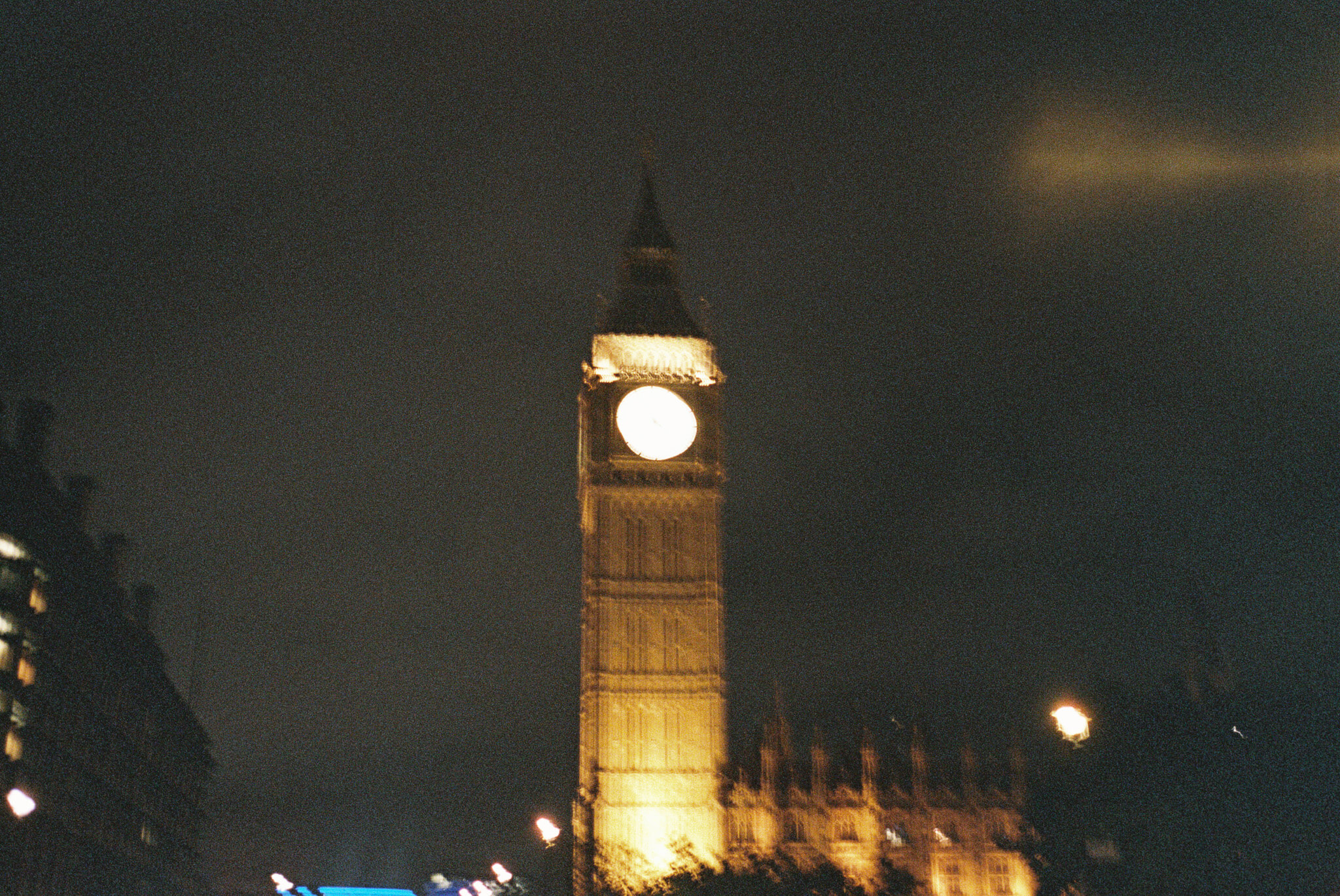

AI fails to kill jobs, gold reaches $4,000 an ounce, UK loses a year’s worth of bread, and more.
News from 2 October - 9 October 2025
AI Fails to Kill Jobs
A Yale University study found that AI has had essentially zero impact on American jobs since ChatGPT launched in November 2022, contradicting widespread predictions of mass unemployment.
The Budget Lab research team analysed 33 months of employment data and found that workers with high, middle, and low exposure to AI maintained stable workforce shares. The rate of labour market change since AI's arrival matches the pace seen when computers and the internet first emerged, suggesting AI is no more disruptive than those technologies were initially.
The study also found that recent college graduates' job patterns closely mirror older workers at similar career stages, with only a small recent deviation possibly linked to higher interest rates rather than AI adoption.
Yale Budget Lab: “It is too soon to tell how disruptive the technology will be to jobs.”
Britain Dumps Plastic on Poorer Nations
Britain's plastic waste exports to developing countries surged 84% in the first half of 2025 compared to last year, with most shipments going to Malaysia and Indonesia.
The UK exported 20% of its plastic waste to non-OECD countries in 2025, up from 11% in 2024. This comes as the EU prepares to ban such exports in November 2026, while Britain has set no similar deadline despite being part of a "high ambition coalition" at UN plastics talks.
Campaigners say the increase represents a shift after China banned waste imports in 2018, with plastic traders moving to countries with weaker environmental controls and enforcement.
Last Beach Cleanup founder Jan Dell: “It is unethical and irresponsible waste imperialism.”
OpenAI's Sora 2 Burns Cash
OpenAI's video generator Sora 2 is haemorrhaging money as users create far more AI videos than the company anticipated, with most content reaching tiny audiences.
The app topped Apple's App Store within days of launch but quickly filled with copyright-infringing content, including SpongeBob drug labs and unlicensed South Park episodes. Researchers found that energy demands for AI video generation quadruple when video length doubles, creating massive compute costs for OpenAI.
CEO Sam Altman admitted the company must find a way to monetise the service, potentially through revenue-sharing with rightsholders. However, major studios are already suing AI companies for copyright infringement, making partnerships unlikely. Copyright lawyer Aaron Moss: "When thousands of GPU-intensive ten-second 'South Park' clips also risk copyright lawsuits, the math gets ugly fast."
Disclaimer: This blog offers insights into international business and global events for informational purposes only. It is not intended as investment or business advice. WeavePay is not liable for any decisions made based on the content provided.
We're on a mission to partner with ambitious international businesses. If your team has the vision and meets the criteria, join us at WeavePay for tailored payment solutions that have helped hundreds of global companies succeed in the complex global market. Subscribe and reach out to see if we're a match.